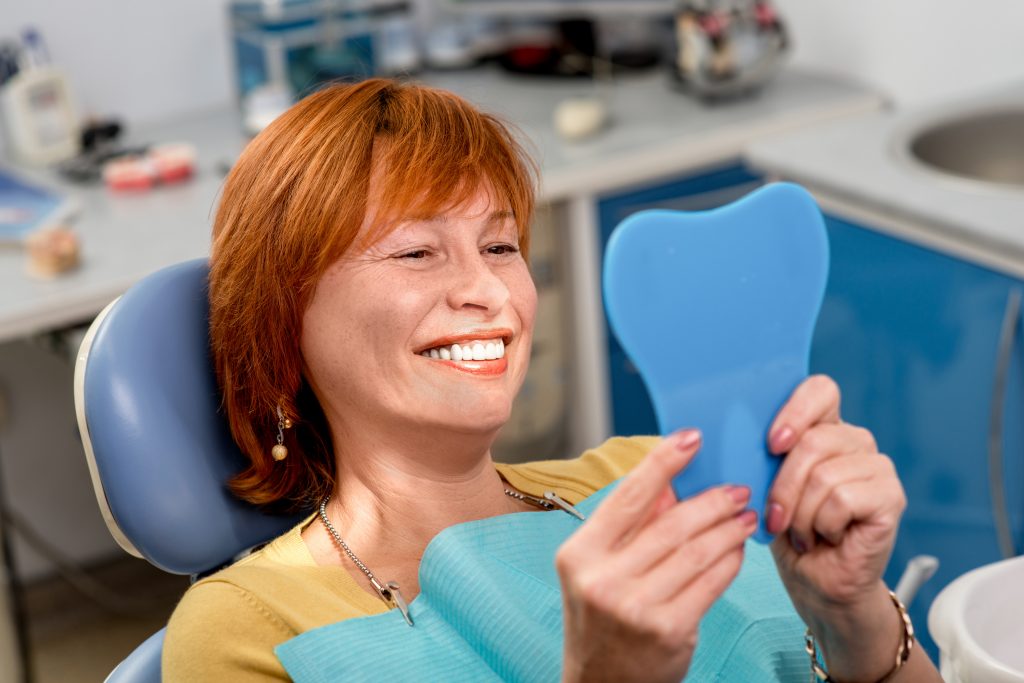
If only you knew just what exactly is happening inside your mouth every day, you probably wouldn’t need to be reminded, nor wonder, why it’s important to get your teeth cleaned every six months. You see, brushing and flossing alone aren’t enough to keep your teeth clean and healthy, and to further convince you, here are five reasons why you need to visit the dentist every six months:
Oral cancer prevention. Just like with any cancer, your survival rate increases dramatically the sooner it is diagnosed. If you frequently drink alcohol or smoke tobacco, then it’s even more important to have your mouth checked every six months for signs of oral cancer.
Treatment and prevention of oral infections. Contrary to popular belief, normal and healthy mouths do not and never will bleed when flossing or brushing, even after a round of dental cleaning. Bleeding gums are one of the earliest signs of gum disease, which can lead to tooth loss and other complications if not treated early.
Clean, fresh breath. Sure, it’s normal for the mouth to not always smell minty fresh. But bad breath on a regular basis is a telltale sign of an oral infection, something that only your dentist can treat.
Dental problems lower. Although dentists recommend paying them a visit every six months to lower one’s risk for dental problems, some people actually need to have their teeth cleaned much more often.
Keeping your teeth white and healthy. The first impression we make to strangers is our smile. By visiting the dentist regularly, you can keep your teeth looking shiny and healthy, allowing you to smile way more often without being self-conscious.
Visit Dr. Kirtley today and schedule an appointment to maintain a healthy smile. Call 317-841-1111 or www.smilesbygeorge.com.
Dr. George Kirtley proudly serves Indianapolis and all surrounding areas.

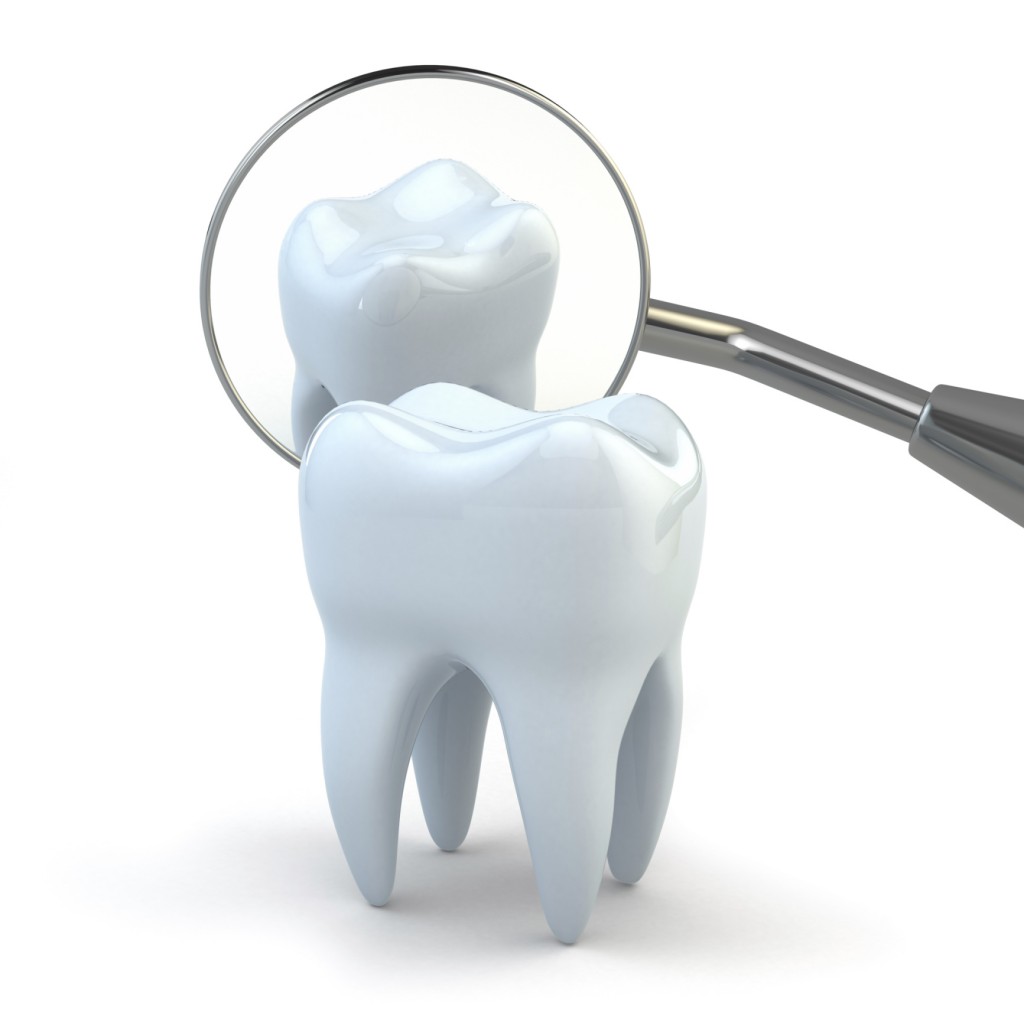
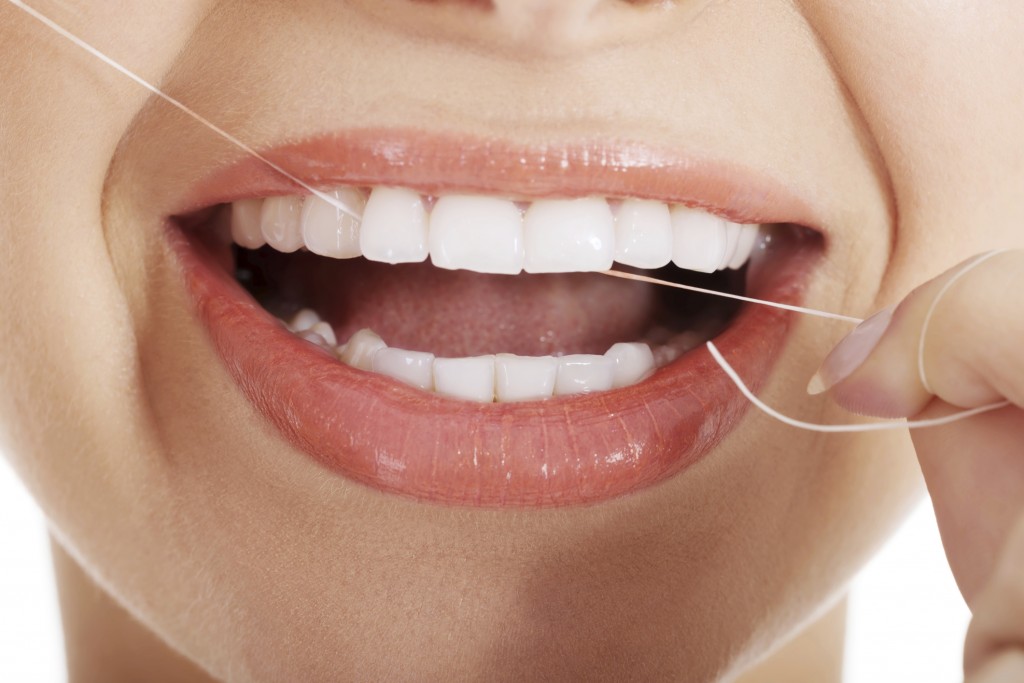
 When the seasons change from cold to hot, or hot to cold, our diets begin to change drastically. Soups and cocoa changes to salads and iced teas. Unfortunately, if we aren’t taking good care of our teeth, this can cause our teeth to give us a painful signal when we test its sensitivity. If you’ve been experiencing jarring sharp pain when you eat or drink hot or even cold foods, or even surprisingly during your oral care routine, you may have developed
When the seasons change from cold to hot, or hot to cold, our diets begin to change drastically. Soups and cocoa changes to salads and iced teas. Unfortunately, if we aren’t taking good care of our teeth, this can cause our teeth to give us a painful signal when we test its sensitivity. If you’ve been experiencing jarring sharp pain when you eat or drink hot or even cold foods, or even surprisingly during your oral care routine, you may have developed 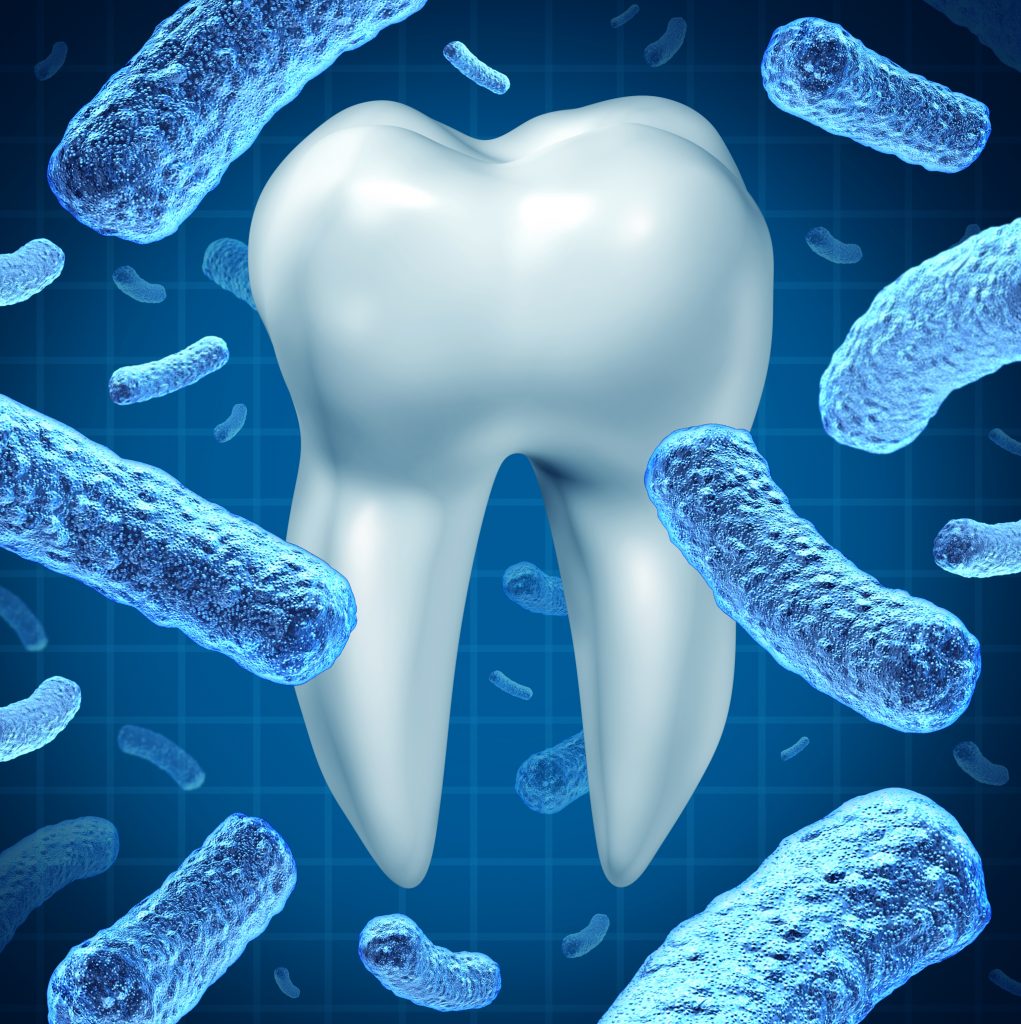 Who doesn’t love that minty fresh feeling your mouth has after a good rinse with
Who doesn’t love that minty fresh feeling your mouth has after a good rinse with 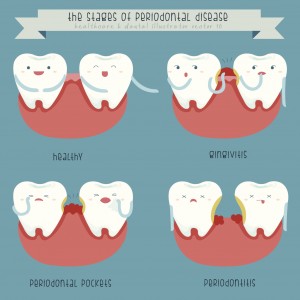 Gum disease is an inflammation of the gums and is caused primarily by the bacteria found in plaque. If you didn’t already know, plaque is a colorless film that constantly forms on your teeth. The more often you brush your teeth, the less time that plaque has to build-up on your teeth and the lower your risk is for gum disease. If, however, you let plaque buildup by not brushing and flossing every day, the bacteria can end up infecting your gums, teeth and eventually, the tissue and bone that support your teeth. The result? A severely infected tooth that has to be removed by a dentist, or in worse cases of infection, the tooth may fall off on its own.
Gum disease is an inflammation of the gums and is caused primarily by the bacteria found in plaque. If you didn’t already know, plaque is a colorless film that constantly forms on your teeth. The more often you brush your teeth, the less time that plaque has to build-up on your teeth and the lower your risk is for gum disease. If, however, you let plaque buildup by not brushing and flossing every day, the bacteria can end up infecting your gums, teeth and eventually, the tissue and bone that support your teeth. The result? A severely infected tooth that has to be removed by a dentist, or in worse cases of infection, the tooth may fall off on its own.